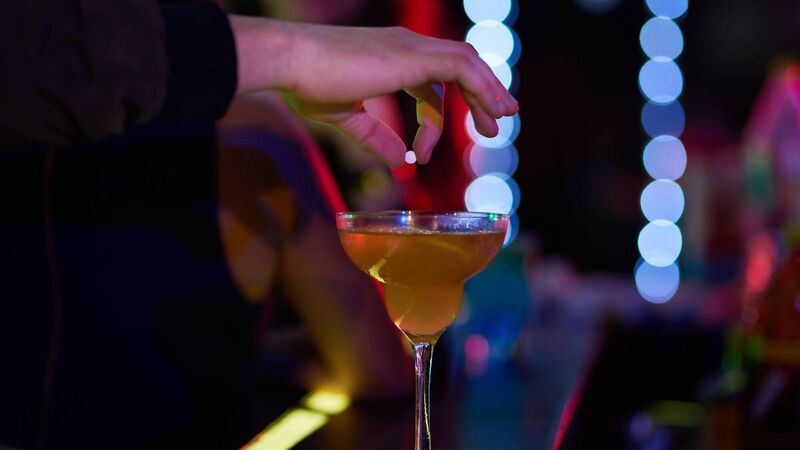The sobering truth about drink-spiking — and the consequences

The Irish Examiner recently ran an online questionnaire, asking readers to share their experiences of how fear of spiking affects their behaviour on a night-out.
Try from €1.50 / week
SUBSCRIBE
The Irish Examiner recently ran an online questionnaire, asking readers to share their experiences of how fear of spiking affects their behaviour on a night-out.
THOUSANDS of third-level students are heading to campuses as college resumes, some of those students for the first time.
It’s an exciting transition from school, what with new subjects, meeting new people and, of course, enjoying the nightlife.
Already a subscriber? Sign in
You have reached your article limit.
Annual €130 €80
Best value
Monthly €12€6 / month
Introductory offers for new customers. Annual billed once for first year. Renews at €130. Monthly initial discount (first 3 months) billed monthly, then €12 a month. Ts&Cs apply.
CONNECT WITH US TODAY
Be the first to know the latest news and updates
Newsletter
The best food, health, entertainment and lifestyle content from the Irish Examiner, direct to your inbox.
Newsletter
The best food, health, entertainment and lifestyle content from the Irish Examiner, direct to your inbox.

Our team of experts are on hand to offer advice and answer your questions here
© Examiner Echo Group Limited